A few weeks ago, I had a wonderful conversation about intersectional environmentalism with Green For All’s National Director Michelle Romero that we featured on IGTV. (Head over to my Instagram to check it out.) She told me about how the organization sits at the intersection between environment, economy, and race, and that they want to bring clean, green jobs to lower-income communities to create a more sustainable future.
I enjoyed talking to Michelle so much, I wanted to ask her a few more questions for the blog. Keep scrolling for what all of us should know about intersectional environmentalism and how we can help create a green and fair economy.
Bonus: We are donating a portion of proceeds from the Bee Conscious Tee that I designed for my Kohl’s collection (seen in the photo below) to Green For All. In case you need a good excuse for retail therapy right about now.
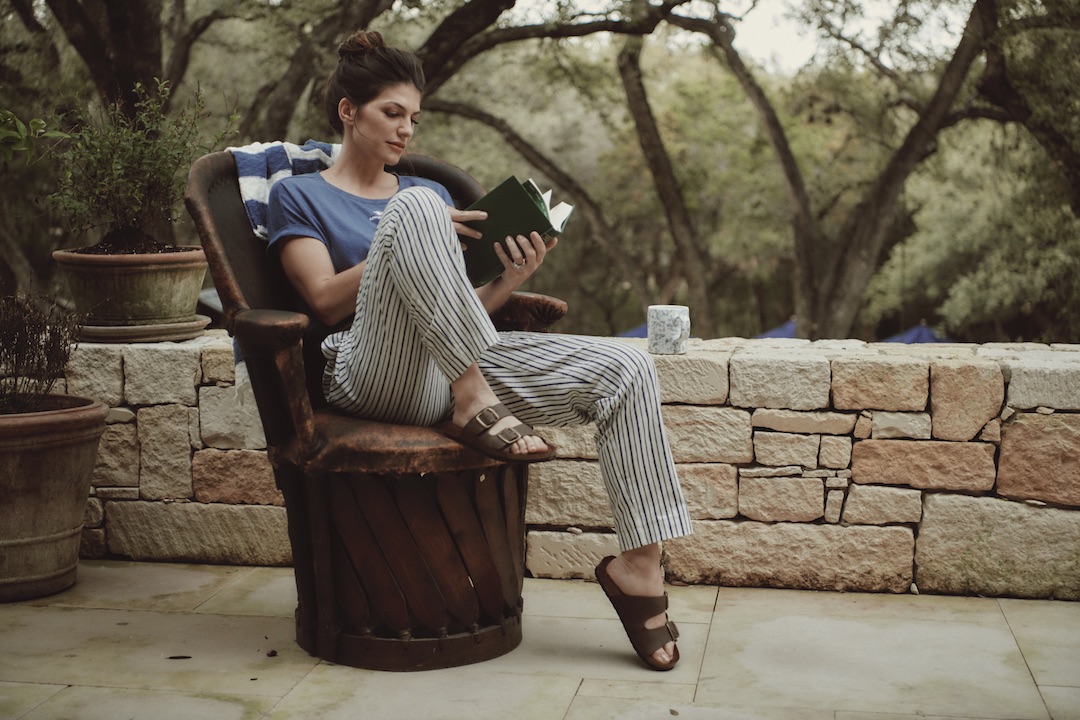
We briefly touched on COVID during our last conversation. How are you seeing the pandemic affecting these communities more?
I’ll say that the pre-COVID pollution in communities of color is resulting in worse effects of COVID if they get it. A lot of these people have pre-existing respiratory issues, which impacts their health outcomes. And now during COVID, people are at home, just trying to survive. They can’t get out. I like to say that we are all in the same storm, but not everyone is in the same boat. Housing safety and quality has to do with energy and energy efficiency. We are advocating to expand solar energy and low-income home weatherization programs to bring down the cost of energy and give struggling families relief during summer and winter.
You talked about the government needing to create a green and fair economy after COVID. How can citizens help with that?
It’s definitely about calling on Congress and the White House to take action. They are poised to spend trillions to rebuild the economy. A lot of people want to get back to normal, but normal for low-income families wasn’t all that great. We hope people will call on Congress to build something better than before. Looking ahead, the climate crisis is another crisis. We need clean air and water for everyone. We ask folks to join the Green for All supporter base. Text GREEN 97483 or join our website list.
With so many things wrong in the world right now, it can be easy to get overwhelmed. I love how you said, “We can’t all do everything, but we can all do something.” What are three things everyone can do?
The first two are consume less and act more. We don’t think about the amount of stuff we buy, and the trucking of those goods, which runs through low income communities of color.
As for acting more, that goes beyond swapping out plastic bags and straws—we need more people to speak up for the communities that are getting dumped on. If a company tried to put a polluting facility in Beverly Hills, you’d see the uprising and it would never happen. But if the same facility was going to be put in a low-income community, no one would say anything. Stand up for those communities that are the most vulnerable.
Voting is my third one. It’s so important to vote.
What are some other groups who are doing great work that our readers should know about?
The Greenlining Institute, Asian Pacific Environmental Network, We Act for Environmental Justice in New York City, and NAACP Environmental Program.
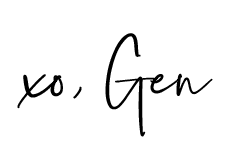
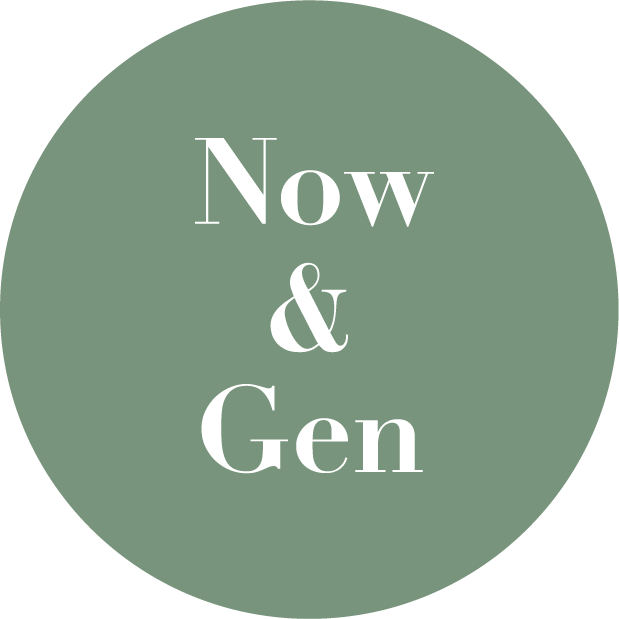
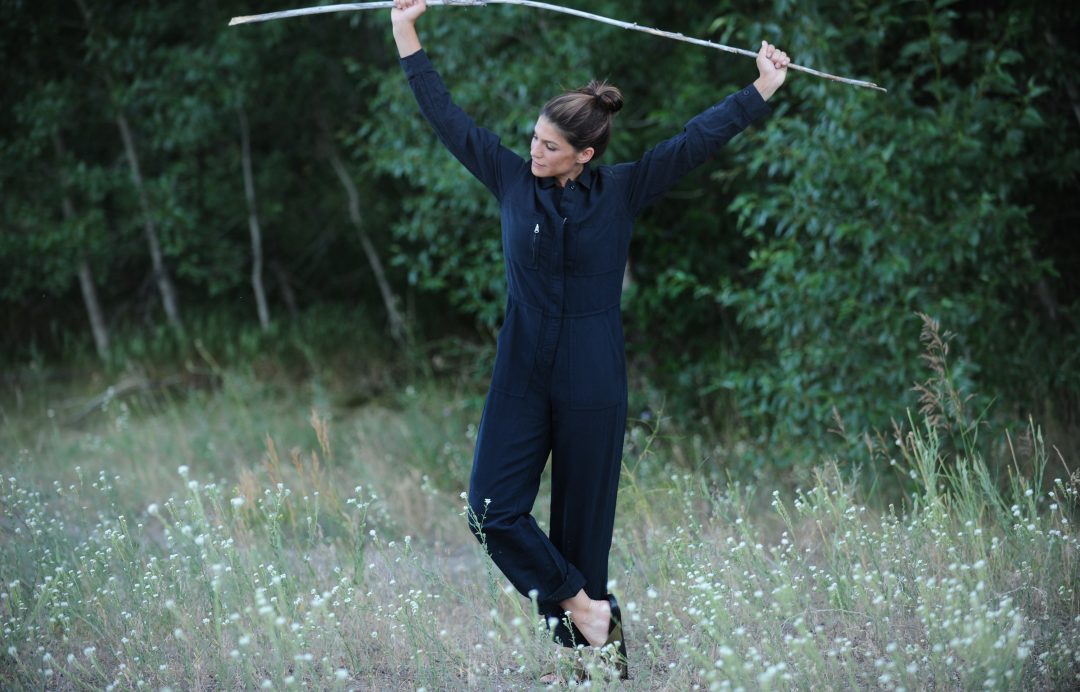
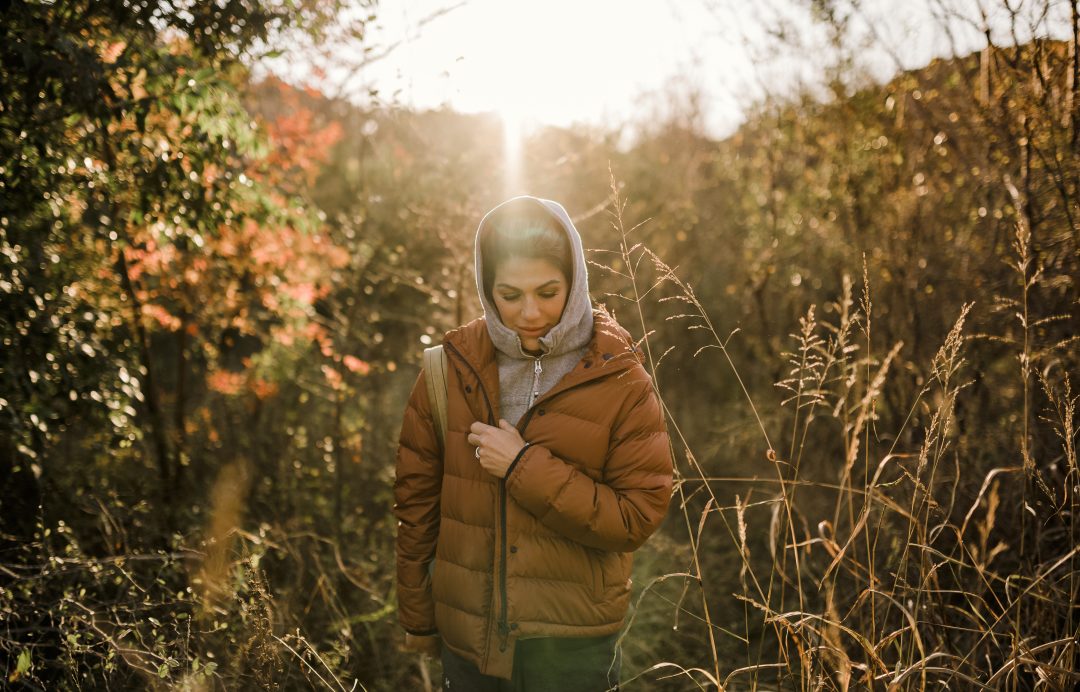
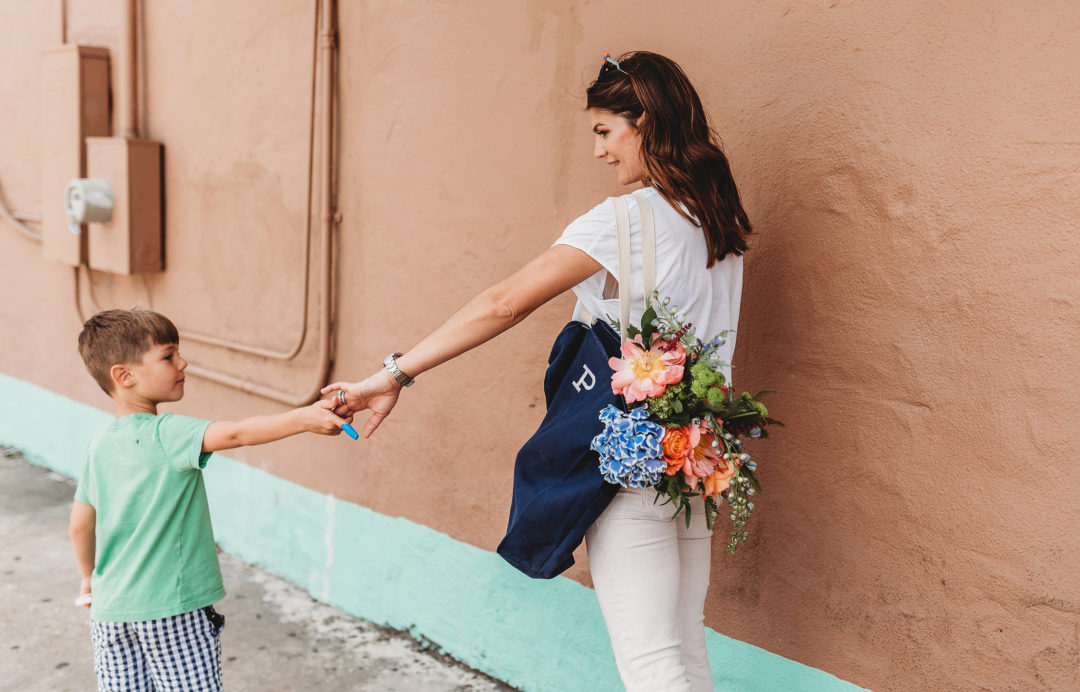
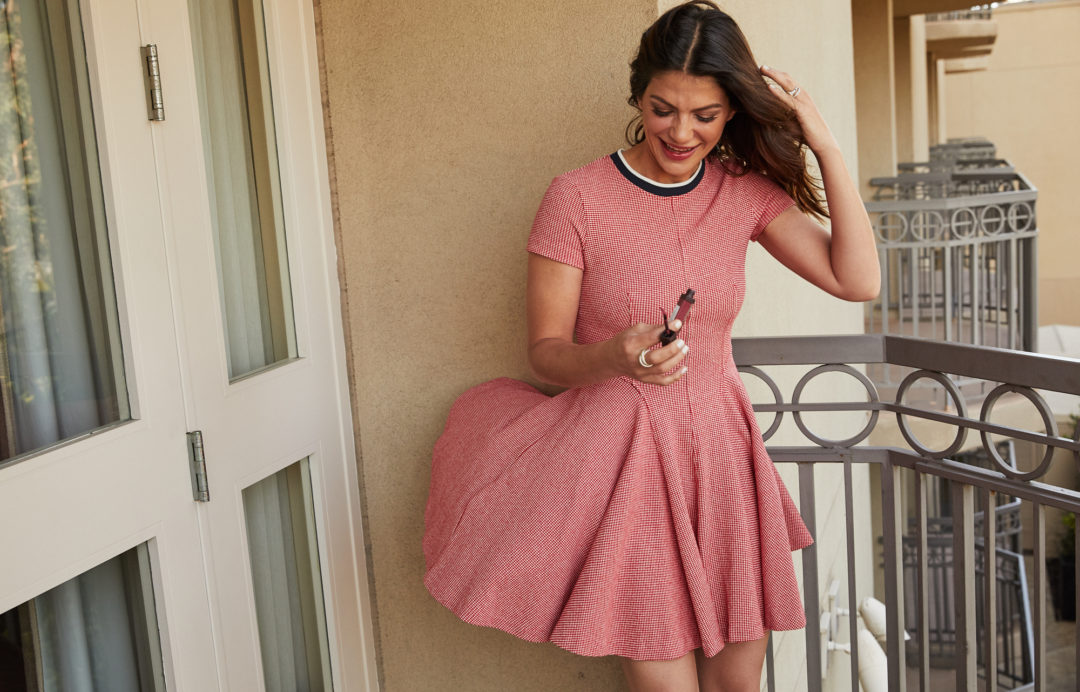
2 Comments
ADELE THOMSON
I have that tee and I love it
Nadia Fiorentini
Hi Gen,
Doing research in order to find my way into permaculture and incoorporate my Anthropology degree into it, I ran into this organisation near you. I had been checking out your site for inspiration and thought it might relate to what you are diggin’ at the moment. Maybe you are already aquainted with it:
https://www.urbanharvest.org/about/